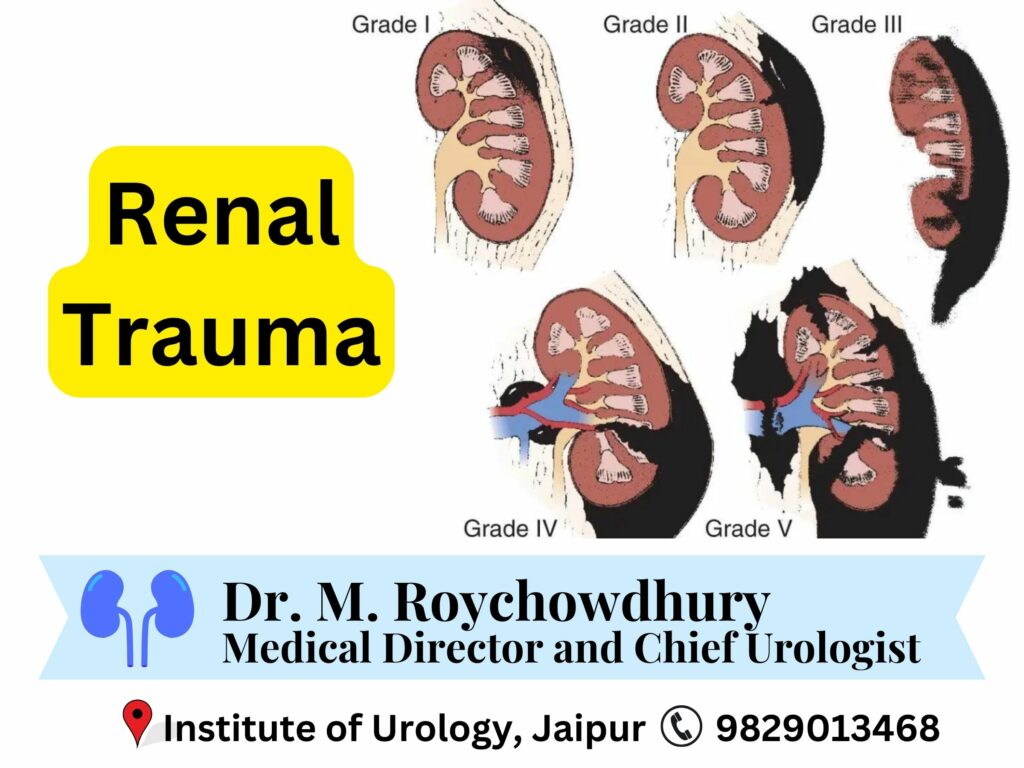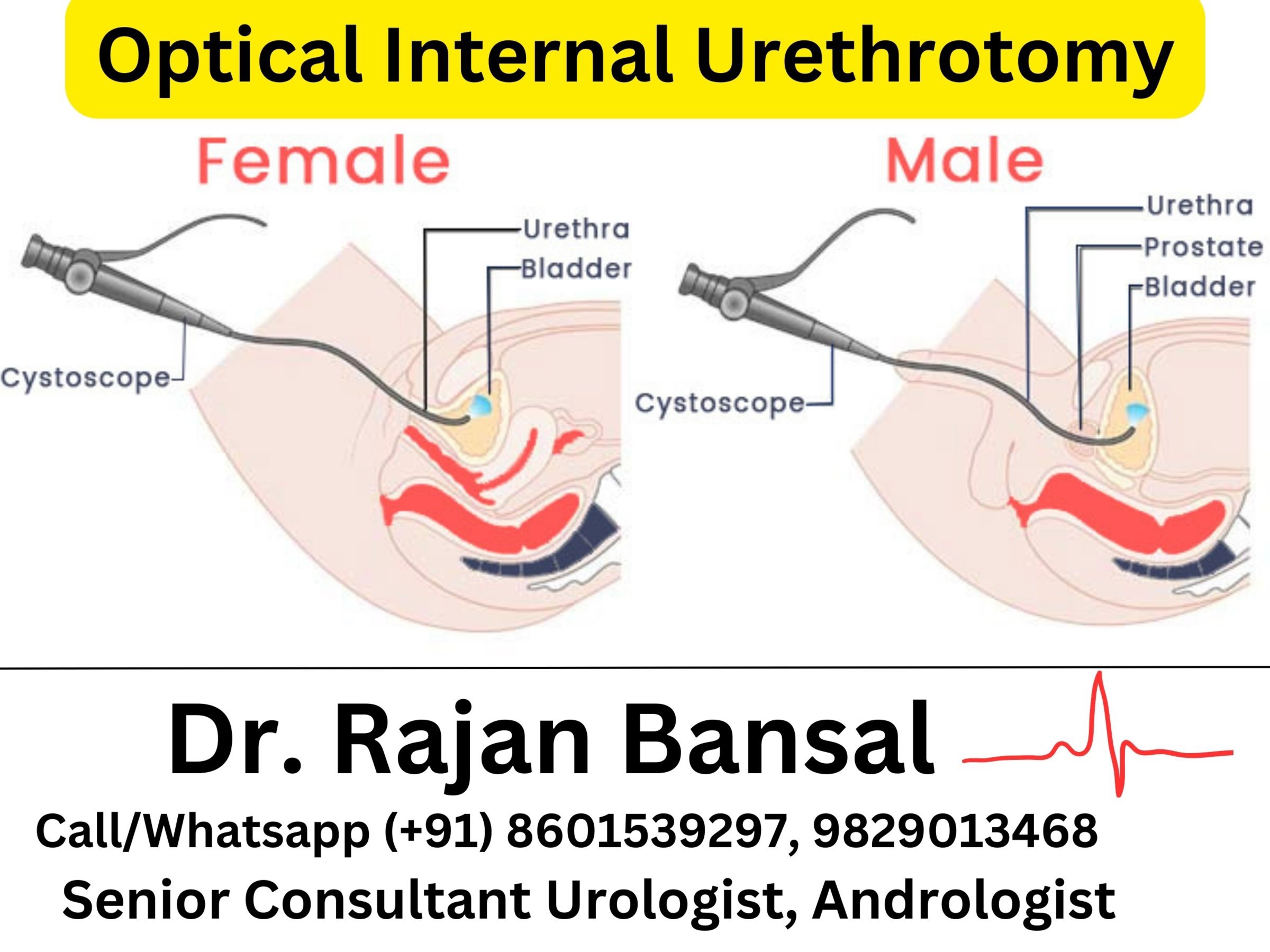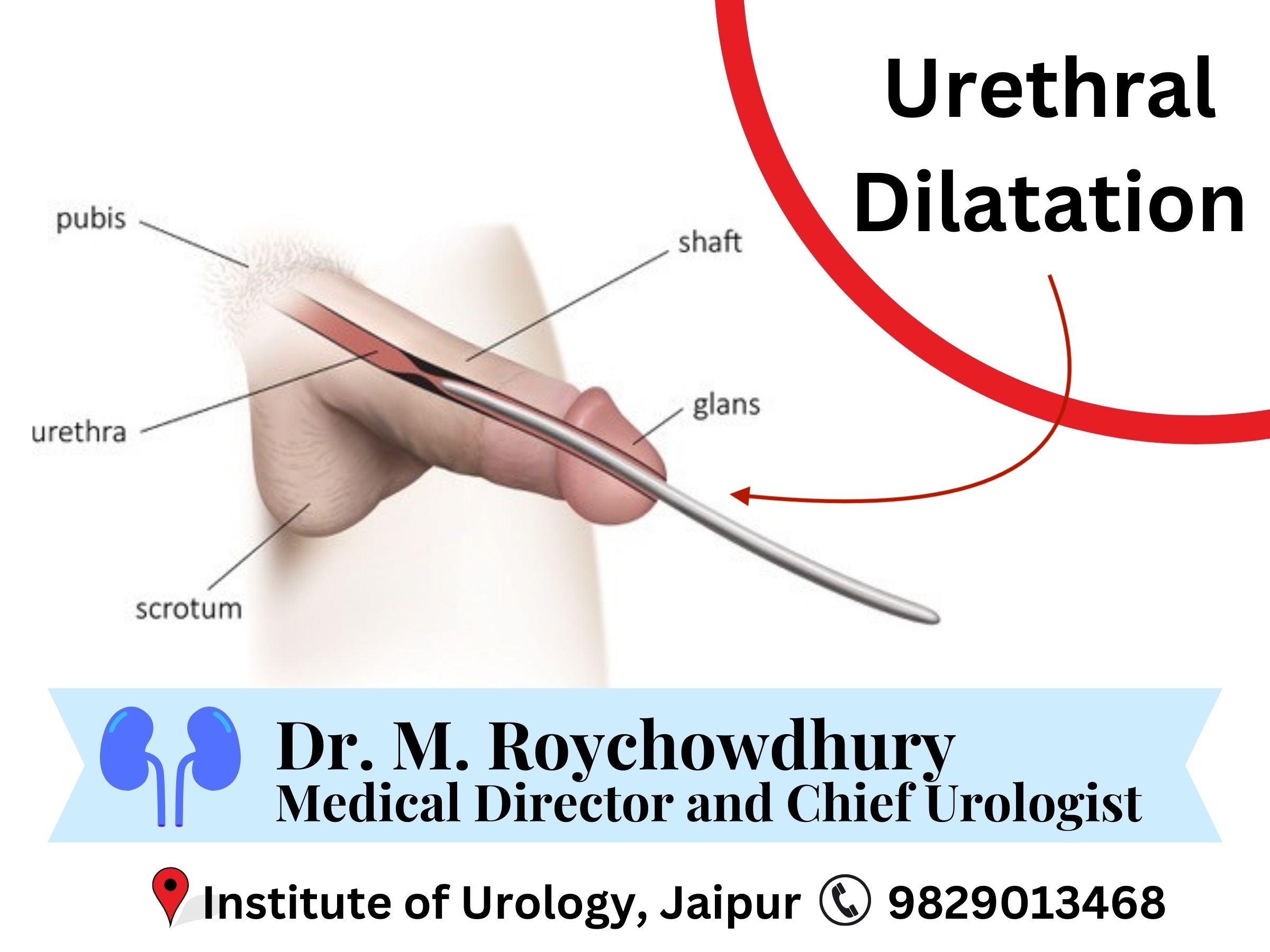Renal trauma refers to any injury or damage sustained by the kidneys, which are vital organs responsible for filtering waste and excess fluid from the blood to produce urine. While the kidneys are well-protected by the rib cage and surrounding muscles, certain accidents or traumatic events can lead to renal injuries. Understanding the causes, symptoms, diagnosis, and treatment options for renal trauma is crucial for effective management and optimal patient outcomes.

What are the Causes of Renal Trauma?
Renal trauma can occur due to various reasons, including:
- Blunt force trauma: This type of injury commonly results from motor vehicle accidents, falls, sports-related injuries, or physical assaults.
- Penetrating trauma: Sharp objects such as knives, bullets, or broken bones can puncture the kidneys, leading to damage.
- Sports injuries: Contact sports like football, hockey, or martial arts increase the risk of renal trauma due to direct blows or falls.
What are the Symptoms of Renal Trauma?
The signs and symptoms of renal trauma may vary depending on the severity of the injury. Common indicators include:
- Flank pain: Pain in the side or back, often localized to the area over the affected kidney.
- Hematuria: Blood in the urine, which may appear pink, red, or cola-colored.
- Shock: Severe cases of renal trauma can lead to symptoms of shock, including rapid heartbeat, low blood pressure, and pale skin.
How is Diagnosis of Renal Trauma made?
Prompt and accurate diagnosis of renal trauma is essential for initiating appropriate treatment. Healthcare providers may use various diagnostic tests and imaging studies, including:
- Urinalysis: Examination of a urine sample to detect microscopic hematuria.
- Imaging studies: X-rays, ultrasound, contrast CT scans, or MRI scans may be performed to visualize the injured kidney and surrounding structures and assess the extent of injury.
- Blood tests: Blood tests such as complete blood count (CBC) and renal function tests may be conducted to assess kidney function and overall health.
What are the Treatment Options for Renal Trauma?
Renal injuries are classified according to severity upto 5 grades. While grade I is minor kidney contusion, grade V is shattered kidney, main renal vasculature laceration or avulsion.
The treatment approach for renal trauma depends on the severity of the injury and associated complications. Options may include:
- Observation and supportive care: Minor renal injuries may heal on their own with rest, hydration, and pain management.
- Medications: Pain relievers and antibiotics may be prescribed to manage pain and prevent infection.
- Blood Transfusion: may be required for persistent bleeding.
- Minimally invasive procedures: Techniques such as angiography and embolization or nephrostomy tube/stent placement may be used to control bleeding or drain fluid from the kidneys.
- Surgery: In cases of severe or life-threatening injuries, surgical intervention may be necessary to repair damaged tissue, control bleeding, or remove the affected kidney (nephrectomy).
PEARL & PITFALLs
- Most patients with only microscopic hematuria due to blunt trauma do not require imaging for diagnosis of renal injuries.
- The degree of hematuria may not correlate with extent of renal injury.
Conclusion
Renal trauma can have significant implications for patient health and well-being, requiring prompt recognition and appropriate management. By understanding the causes, symptoms, diagnosis, and treatment options for renal injuries, our urologists can provide timely and effective care to individuals affected by this condition.
Best Hospital for treating Renal Trauma and Emergencies in Urology – Institute of Urology, C Scheme, Jaipur
Nestled in the heart of our community, the Institute of Urology stands as a beacon of excellence in renal trauma treatment. With a team of dedicated professionals, state-of-the-art facilities, and a commitment to patient-centered care, we offer a reassuring hand to those facing kidney injuries. Here, expertise meets compassion, ensuring every patient receives the personalized attention they deserve. From advanced diagnostic tools to innovative treatment options, we strive to restore health and well-being with precision and efficiency. At the Institute of Urology, our focus is simple: providing the highest quality care to those in need.
Now, we have also started the facility of online consultation so that you can discuss about your problems in detail with our experts from the comfort of your home. Please remember to keep ready all the investigations that you’ve had done so far so that it is helpful for the specialist to guide you precisely about the next course of action. At Institute of Urology, we strictly abide by the International protocols so that we keep up with the latest and best of what the advancements in the medical field has to offer.
Our doctors can be reached Monday to Saturday during working hours.
Dr. M. Roychowdhury – 9929513468/ 9829013468
Dr. Rajan Bansal – 8601539297







